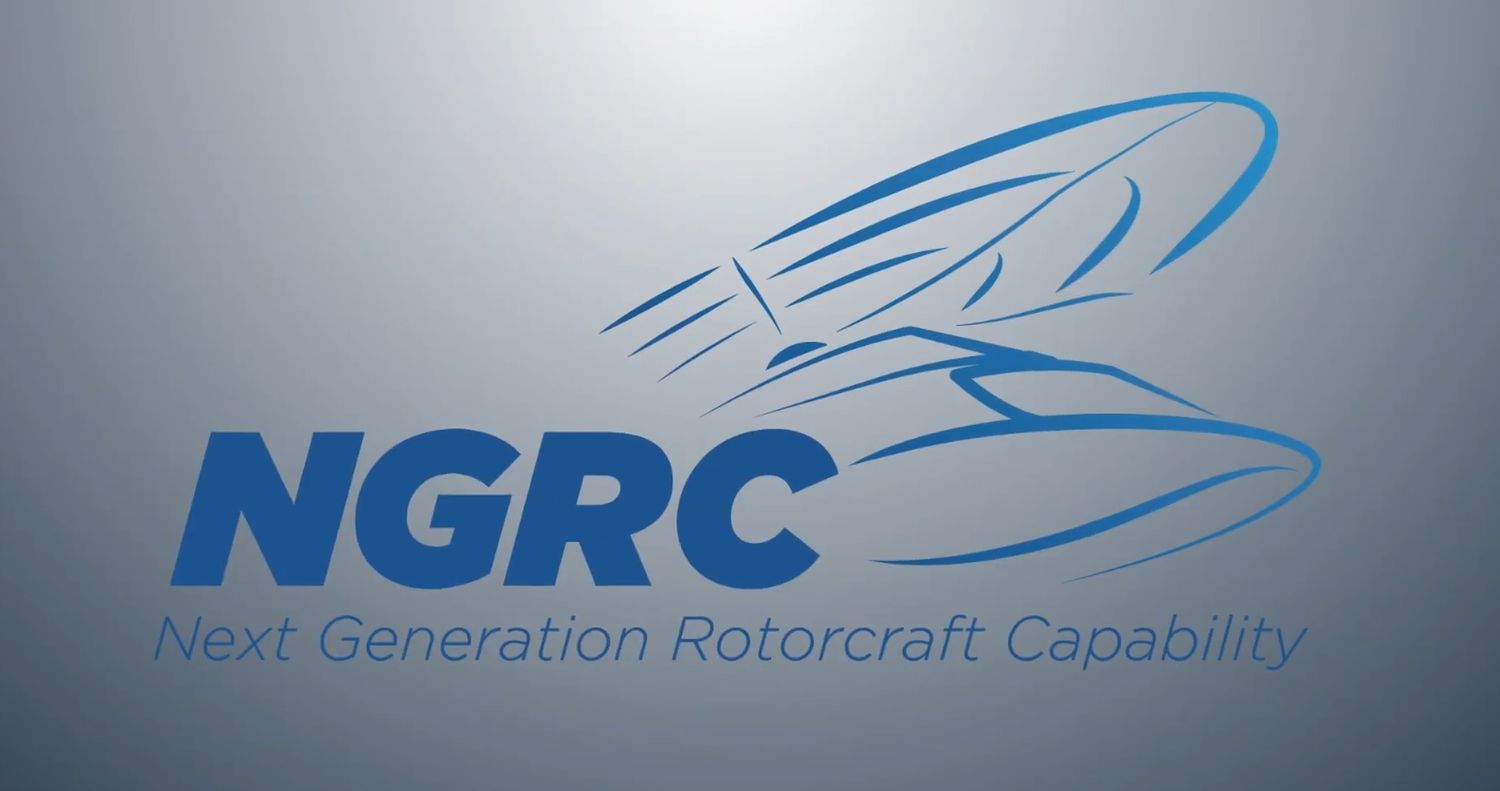NGRC project: development of NATO’s next-generation helicopter begins
In the margins of the NATO Defence Ministerial meeting on 16 June, the Ministers of France, Germany, Greece, Italy, the Netherlands and the United Kingdom dedicated 26.7 million EUR to define the future of their helicopter fleets under NATO’s Next Generation Rotorcraft Capability (NGRC) project.
In cooperation with industry, the participants will start from a clean sheet to explore how to match their needs with the latest technology on the market, looking at options such as hybrid and electric propulsion, a systematic open system architecture, and the delivery of radically improved flight characteristics.
“This is a clear example of NATO and Allies working together to harness fast-changing technology for the benefit of our military capabilities. By investing our resources and channelling our development through a multinational framework, we are making sure Allies will be equipped with the best available equipment”, stressed the NATO Deputy Secretary General Mircea Geoană.
Medium multi-role helicopters have a wide range of civilian and military uses, including transportation of people and equipment, medical evacuation, search and rescue. A lot of this type of rotorcraft currently operated by Allies will reach the end of their lifecycle in the years ahead.
The NGRC Concept Stage will provide the foundation for Allies to develop and field the next generation of these indispensable workhorses. The NATO Support and Procurement Agency (NSPA) will execute the Concept Stage on behalf of the participants.
The aircraft resulting from the NGRC project should replace a wide variety of helicopters currently in use among European NATO countries, such as the Black Hawk, the Super Puma/Cougar, the EH-101 Merlin and the NH90. To this end, it will incorporate open architecture systems and modular design, to allow for upgrading, modernization and permanent adaptation.
The NGRC is one of NATO’s high visibility multinational projects and demonstrates the commitment of NATO Allies to maintain a technological edge and pursue multinational cooperation.



Comentarios
Para comentar, debés estar registrado
Por favor, iniciá sesión